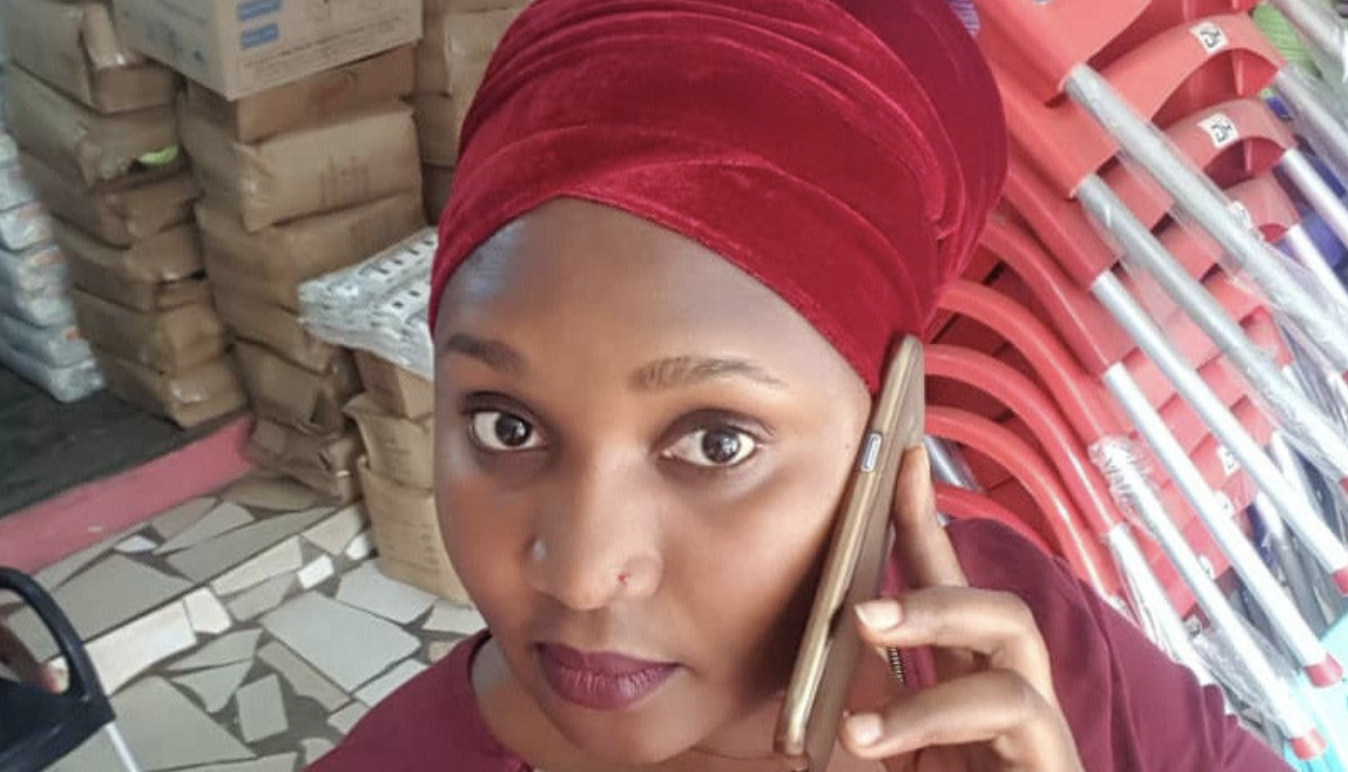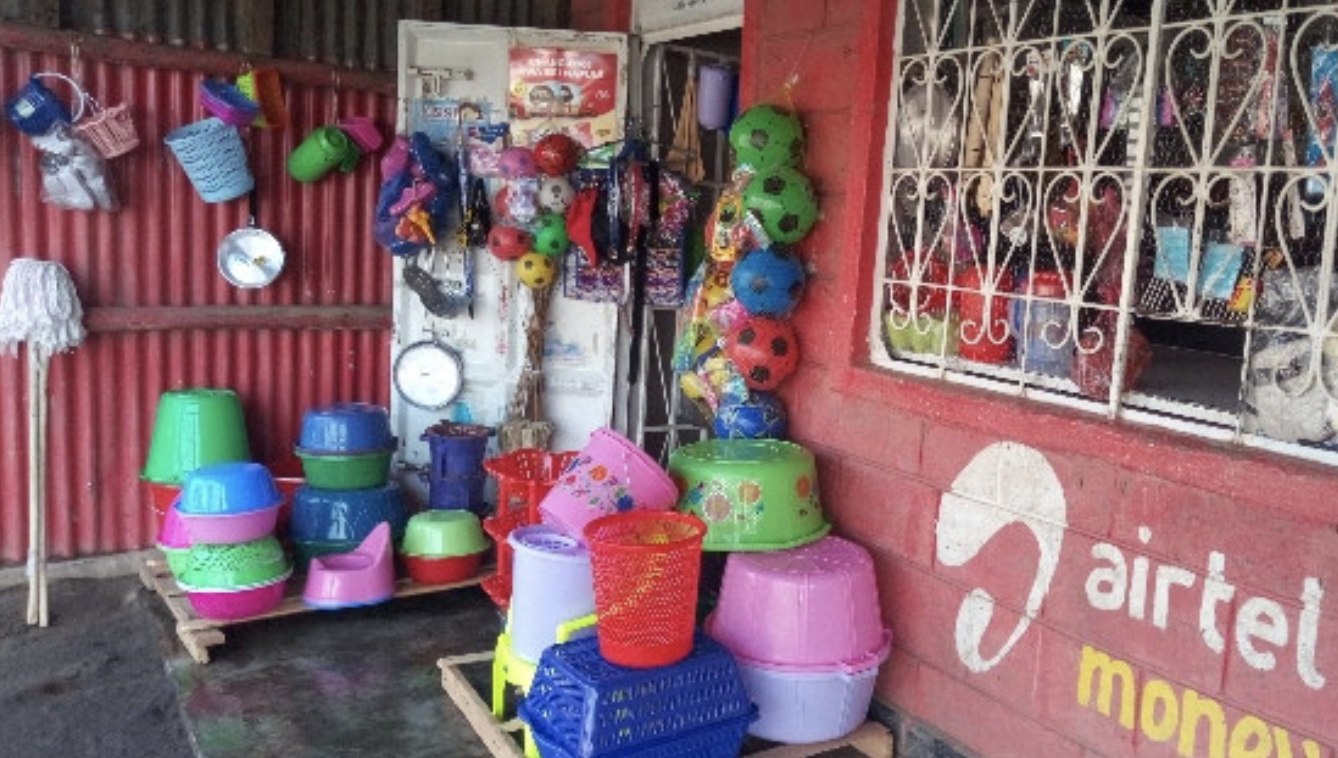By Nikhil Srivastava, Kenya Ambassador Volunteer
One of my objectives in spending a summer in Nairobi was to immerse myself as much as possible in the culture and people of the region. This goal drove my decision to work as a country ambassador for Zidisha, a job that required me to meet one-on-one with low-income borrowers trying to start businesses across Kenya. The job description was definitely outside of my comfort zone; as my friends and family can attest, I’m not the natural choice for someone to host a stranger for hours, let alone one from a completely different culture. In retrospect, though, I couldn’t have chosen an activity with a better combination of personal education, growth, and fulfillment.
Conducting interviews that stretched for hours over leisurely lunches, walks, and house visits was at first challenging and occasionally awkward when I hadn’t yet built a reserve of insightful questions. In this regard, I was helped immeasurably by the fact that Kenyans as a group are incredibly warm and welcoming, and everyone I met made it easy and inevitable to interact as friends instead of clients. Once I established a good interview and note-taking rhythm, I stopped focusing on my high-value questions and instead let my natural curiosity about their lives and backgrounds take over. All people, and Kenyans especially, love to talk about their families and childhoods, and my natural interest in local culture and generational dynamics made for especially deep conversations.
Like a true New Yorker, my biggest frustration in the first few weeks of work was my average pace: one borrower visit per day, enforced by the madness of Nairobi traffic and the generally relaxed schedules of business and personal life. I tried to optimize by scheduling nearby back-to-back visits , but due to life on “Kenyan time” these double-headers inevitably ended up being more trouble than they were worth. So I took my foot off the gas and leaned back into the Kenyan pace, allowing me more time with each borrower. Another frustration, one I was not able to reconcile so easily, was the troubling and continuous presence of low-level corruption in various business functions: obtaining licenses, securing distribution, ensuring security. I didn’t see any direct evidence of this – except for a mysteriously-resolved police stop of my speeding matatu – but through conversations and insinuations it was clear that bribes and favoritism were just an accepted part of doing business in Nairobi.
Despite these setbacks, my work this summer had all the characteristics of a truly rewarding and enjoyable job: regular and solvable challenges, a never-ending learning curve, and the personal satisfaction of helping someone new each day. I’m also grateful to have developed a bottom-up perspective on development in the third world by directly examining the pain points and inefficiencies – in infrastructure, transportation, credit, security, stability – in entrepreneurs’ careers, both successful and struggling. (I hope to build a framework around these observations by teaching myself some basic development economics.) I also really enjoyed learning about the benefits and drawbacks and challenges of microfinance, which falls squarely at the intersection of finance and technology – an area I’ve spent most of my professional career, albeit in a very different economic stratum. Finally, I loved the constant excitement of meeting new people and sharing their stories, hospitality, and gratitude.
My most valuable function in meeting Zidisha borrowers was to give them a chance to communicate their capabilities and dreams to a larger audience. I met some truly remarkable people, whose stories were often hidden by technological or language barriers or simply from modesty. I met people who had suffered incredible financial and emotional hardships but maintained optimistic outlooks for their future. I met people who were incredibly determined to achieve success, to lift themselves and their families out of financial insecurity. And I met true leaders and visionaries who saw their life work in the context of the social and economic uplift of their communities.
This summer, I crossed paths with some of the hardest-working, warmest, and most inspiring people I’ve ever met, and the experience of spending my time and attention to help them succeed is something I’ll never forget.
This post was originally published in the Nikhil Nairobi blog.




thanks, a good inspiring story especially to the Kenyan and whole world youths as all.